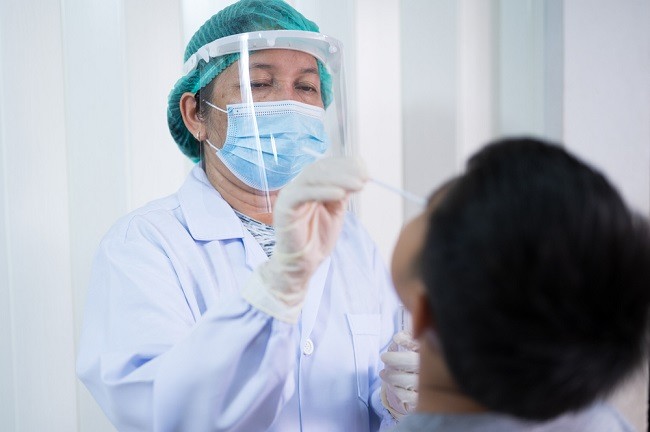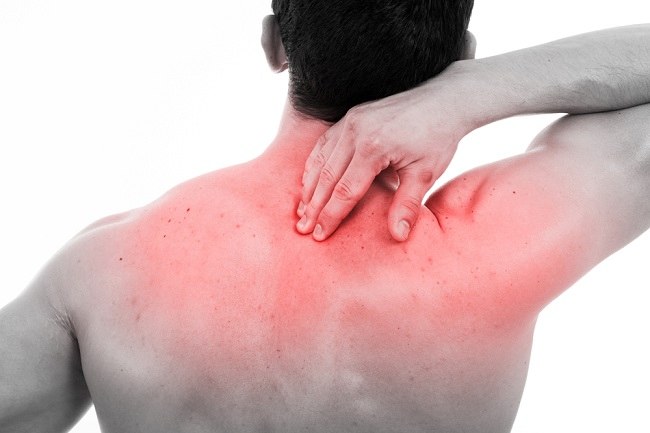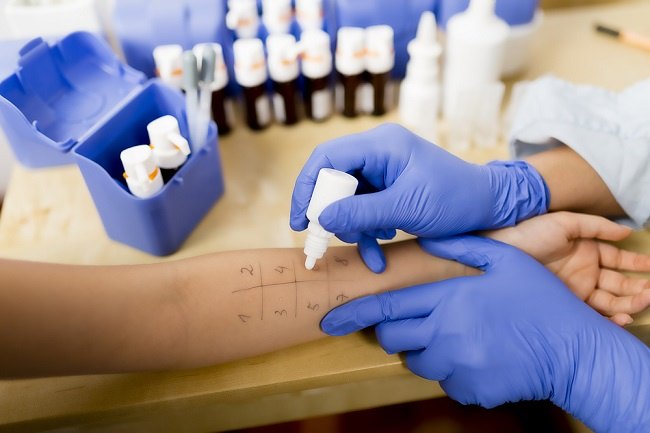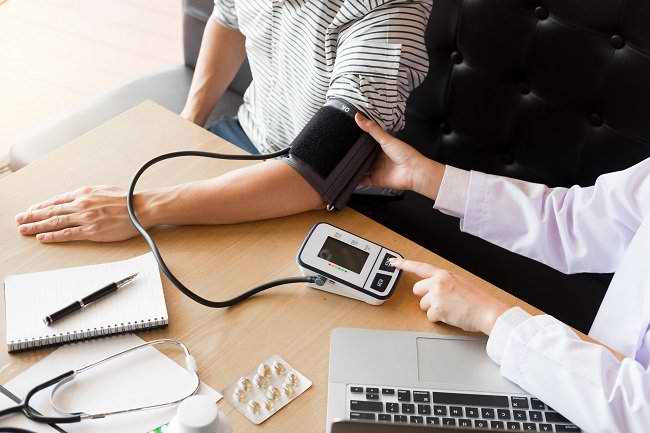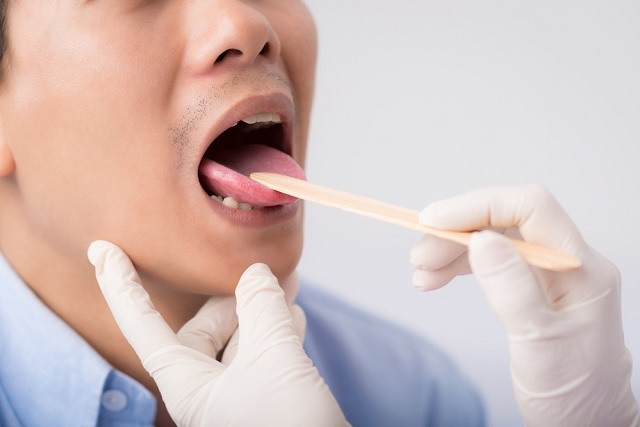The new year has arrived, it means you are getting older. With the passage of time and as we age, there will be changes in our skin. Different lifestyles and genetic factors make each person experience skin aging differently.
In the late 20s to early 30s, signs of aging on facial skin begin to appear. Such as wrinkles around the eye area, folds between the eyebrows, freckles on the face, changes in skin color, skin looks dry, and the face looks more dull. At this age, the majority of women start looking for products anti aging or even undergo procedures such as Botox injections to overcome this.

Causes of Facial Skin Aging
Skin aging is a problem that worries many people, especially women. Actually, skin aging that occurs is caused by two things, namely extrinsic and intrinsic factors.
Extrinsic factors are caused by environmental factors such as poor nutritional intake, sun exposure, air pollution, smoking, or excessive consumption of alcoholic beverages. As for the intrinsic factor caused by a person's genetic factors and hormones or metabolic processes. Other factors that support the occurrence of skin aging are the wrong sleeping position, facial movements, and the force of gravity.
The signs of skin aging also depend on the cause. If the cause is intrinsic factor, then the signs of aging that are generally seen are thinning and brittle skin, loss of NMF (Natural Moisturizing Factor), collagen and elastin tissue in the skin, making the skin loosen, the skin feels rough and dry, and the skin becomes more susceptible to lesions such as benign tumors. While aging caused by extrinsic factors, generally visible skin thickening, skin discoloration, deep wrinkles, and rough and dry skin.
Overcome Skin Dehydration, Dispel Symptoms of Aging
Skin that is experiencing aging problems both caused by extrinsic and intrinsic factors, both cause the skin to become dry or called skin dehydration. As people get older, a person's skin tends to become dry (dehydrated skin). This condition is related to the number of NMF (Natural Moisturizing Factor) as a natural moisturizer in the skin. The number of NMF decreases with age. In fact, the function of NMF itself is to bind water and maintain skin hydration so as not to experience dryness or lack of fluids.
One way to reduce dehydration of the skin from within the body is to maintain the amount of NMF present in your skin. Electrolytes are components in NMF that have an important role in maintaining skin moisture, including phosphate, magnesium, calcium, potassium, and other types of electrolytes that make up about 32 percent of NMF. In a study found an association between decreased electrolyte levels in NMF and dry skin in atopic dermatitis patients. For this reason, it is important to pay attention to your electrolyte fluid consumption. You can consume drinks that contain electrolytes that can help produce NMF to protect your skin's moisture.
If you experience dry skin due to aging and want to know more, it never hurts to immediately see a doctor and consult your skin condition.

